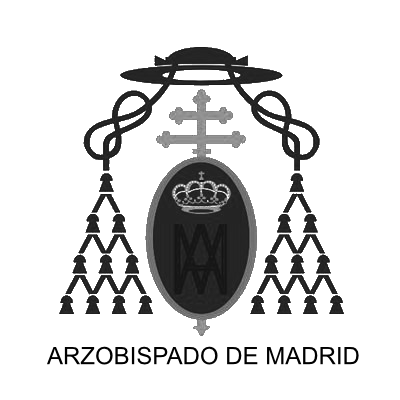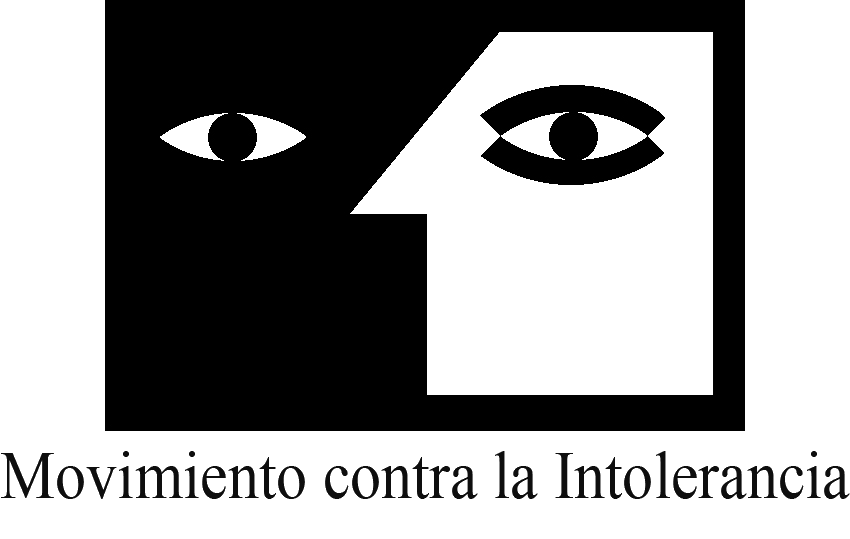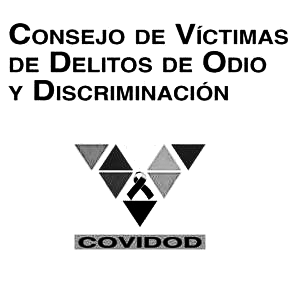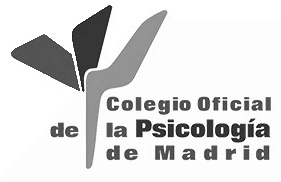
Manifiesto
Día Internacional de la Convivencia en Paz:
Manifiesto de Pacto de Convivencia
Al respecto, las entidades que forman Pacto de Convivencia se adhieren al manifiesto difundido hoy por la Conferencia de Rectores y Rectoras de las Universidades Españolas (CRUE), en el que reafirman su compromiso con la convivencia pacífica y el respeto mutuo con miras a promover la paz, la tolerancia, la inclusión, la comprensión y la solidaridad. Nuestras entidades son, también, espacios de diversidad, donde convergen personas con diferentes orígenes, culturas, creencias, perspectivas e ideologías. Es esta diversidad la que enriquece nuestro entorno y nos brinda la oportunidad de seguir aprendiendo y conviviendo. En este mundo, en el que el conflicto, la crispación y la confrontación son, lamentablemente, muy frecuentes, nuestras entidades han de ser faros de esperanza en la construcción de un mundo mejor. Debemos ser auténticos agentes de cambio, fomentando ambientes inclusivos en los que nuestra actividad cotidiana se desarrolle sobre la base del respeto, el diálogo y la comprensión. Ambientes en los que cada persona se sienta valorada y respetada por lo que es, y en los que se rechace con firmeza cualquier forma de discriminación, odio o violencia. La cooperación entre distintas instituciones ha demostrado ser una fórmula exitosa para un progreso firme, sostenible, y más humano. Traslademos esa convivencia fructífera que alentamos desde nuestro quehacer diario en Pacto de Convivencia y en cada entidad al resto de la sociedad, demostrando que los valores que sustentan estas alianzas son efectivos a la hora de prevenir el conflicto o, cuando sea necesario, de repararlo. Renovemos hoy, por tanto, nuestro firme compromiso con un futuro de paz, convivencia y progreso en nuestras entidades, entornos y en el mundo entero. En este 2024, Pacto de Convivencia conmemora del Día de la Convivencia en paz junto con Crue Universidades Españolas en el acto institucional que tendrá lugar el 16 de mayo a las 12h. en el Paraninfo de la Universidad de Burgos.

Pacto de Convivencia was born as a response to the terrorist experience in our country. Entities representing often conflicting ways of thinking, we signed a pact and committed ourselves to work together as a way of honouring every day the victims of all forms of violent radicalisation and their families.
This space of encounter and work between such different ways of thinking and entities was only possible when we focused on the real suffering of the victims. In honour of them, empathetic dialogue, mutual recognition, shared knowledge, working in parity, generosity, trust, transparency and mutual help are the values we have taken on to shape our agenda.
Since March 2016, the Mesa Pacto de Convivencia has been meeting regularly with the fundamental objective of constituting a stable network that implements joint strategies for the prevention of violence and the promotion of tolerance, coexistence, peace and reconciliation.
Lines of work
The Coexistence Pact Committee: Meeting and working place for all the participating entities. It is held every two months.
Joint action protocols
Training seminars
Awareness-raising actions
ON THE OCCASION OF THE WAR IN UKRAINE
STOP WAR AND STRENGTHEN PEACE
We, the undersigned members of the Pact for Coexistence Platform, express our absolute rejection of the military invasion of a sovereign country, the bombing of its civilian population and the violation of fundamental rights. Neither now nor ever, neither in Europe nor anywhere else in the world, is there any reason for the use of violence as a strategy to achieve personal or governmental ends.
We make an urgent international call for an immediate cessation of military action and the opening of conflict resolution strategies in accordance with international agreements and international humanitarian law.
We urge our political class to act in unity and with a high sense of statehood to facilitate the best decisions in the face of the conflict. The international community, including Spain, must contribute to paving the way for peace.
We call on Spanish society to actively contribute to coexistence and peace:
FIVE PROPOSALS TO STRENGTHEN PEACE
1.Choose peace always and work towards it.
Violence is never the solution to conflicts. On the contrary, it aggravates them and delays lasting solutions. Human rights and human security must be at the centre of all decisions. Commit to respect, dialogue and non-violent conflict resolution strategies. Reach out to people you know through personal, educational, business, professional links. Encourage them to promote a culture of peace in their environments that contributes to reducing tension. Participate in initiatives and mobilisations that defend peace as the only way forward.
2.Inform yourself truthfully and completely beyond the networks.
Disinformation is a weapon in conflicts. Be critical of the information on your social networks, objectively analyse the news in the different audiovisual media and read newspapers of different signatures. Contrast it with the testimony of people and organisations working on the ground.
3. Practice solidarity and don't change your gaze to hate
Collaborate with all the organisations working in the humanitarian response to the conflict and urge the authorities to sign international agreements on the reception of refugees. Also help people in need in your area.
In our country there are many families with strong links to war zones. Cultivate relationships of appreciation and support that foster social cohesion in our country. Do not contribute to social breakdown by identifying people with the irrational actions of certain governments. Do not produce or disseminate messages against migrants.
4. Builds social trust
Take care of your language and your relationships with others. Build trust through conversations that facilitate the expression of emotions. Value the mutual support that, in situations of conflict, always sustains life. You will generate psychological security in the face of uncertainty.
5. Keep hope alive
The younger generation has suffered an unprecedented economic crisis, a global pandemic and now faces an unprecedented war scenario. But all generations have been able to cope. It reinforces hope, a culture of resilience and mobilisation for peace among young people.
They sign this communiqué:
Archbishopric of Madrid
Madrid Bar Association
Islamic Commission of Spain
Coordinating Committee of Spanish Development Cooperation Organisations (Coordinadora de Organizaciones de Cooperación para el Desarrollo de España)
Crue Spanish Universities
Diakonia Spain
Federation of Evangelical Religious Entities of Spain (Federación de Entidades Religiosas Evangélicas de España)
Movement Against Intolerance
Council for Victims of Hate Crimes and Discrimination










